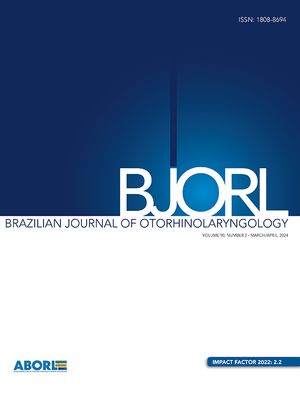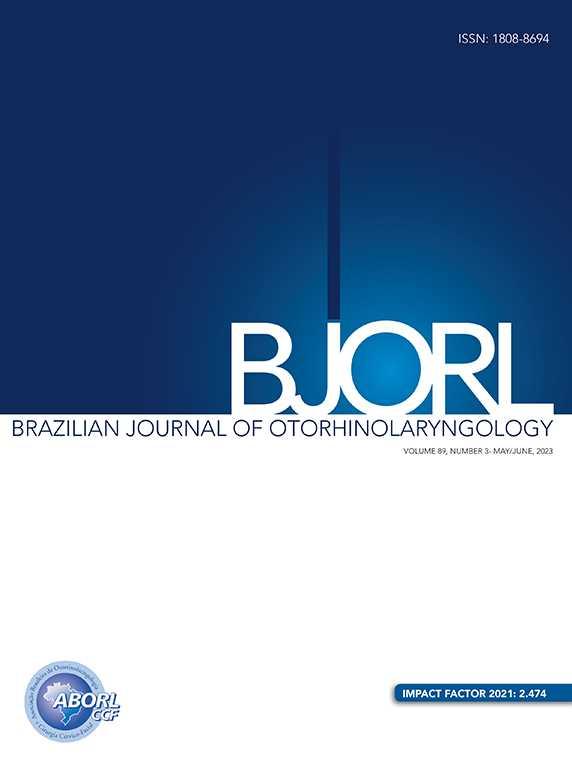
Objectives: To demonstrate our surgical experience in midface and scalp advanced oncologic reconstruction using free tissue flap and to compare the postoperative outcomes based on superficial temporal versus cervical recipient vessels.
Methods: We performed a prospective and randomized study of patients who underwent midface and scalp oncologic reconstruction with free tissue flap from April 2018 to April 2022 in an oncologic referenced center. Two groups were analyzed: those in whom superficial temporal vessels were used as the recipient vessels and those in whom cervical vessels were used as the recipient vessels. Patient gender and age, cause and classification of the defect, flap choice for reconstruction, recipient vessels, postoperative course, and complications also were recorded and analyzed. A Fisher's exact test was used to compare outcomes between the 2 groups.
Results: On the basis of the different recipient vessels, 27 patients were randomized into 2 groups: those with superficial temporal recipient vessels (n=12) and those with cervical recipient vessels (n=15). There were 18 male and 09 female patients with an average age of 53.92±17.49 years. The overall flap survival rate was 88.89%. The overall complication rate for vascular anastomosis was 14.81%. The total flap loss rate in patients with superficial temporal recipient vessels was higher than the complication rate in those with cervical recipient vessels but with no statistical significance (16.67% vs 6.66%, p=0.56).
Discussion: Few articles have specifically compared the postoperative results based on recipient vessels in midface and scalp reconstruction. In this prospective and randomized study a group of 27 patients who underwent and midface and scalp reconstruction were divided into 2 groups according to the recipient vessels used. In terms of complications, no statistically significant differences were found between the groups. In our series, the overall flap survival rate was 88.89%. These data are similar to the world series that report rates above 90% of success in free flaps.
Conclusion: In the group with superficial temporal recipient vessels, the postoperative rate of microanastomosis complication was similar than the cervical recipient vessel group. Therefore the use of superficial temporal recipient vessels for midface and scalp oncologic reconstruction could be a reliable option.Keywords: Free tissue flaps; Head neck cancer; Microanastomosis; Superficial temporal vessels; Cervical vessels.





